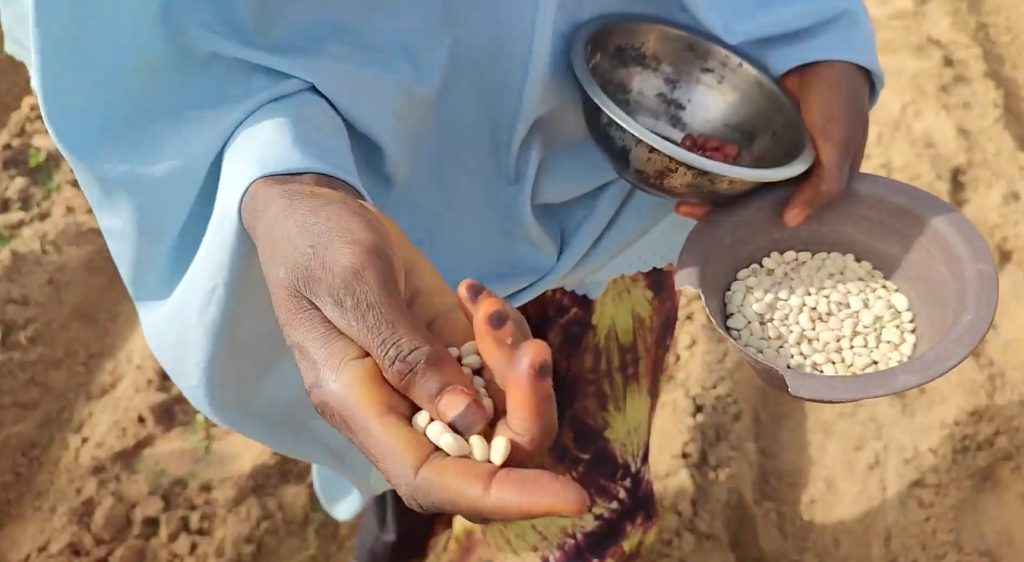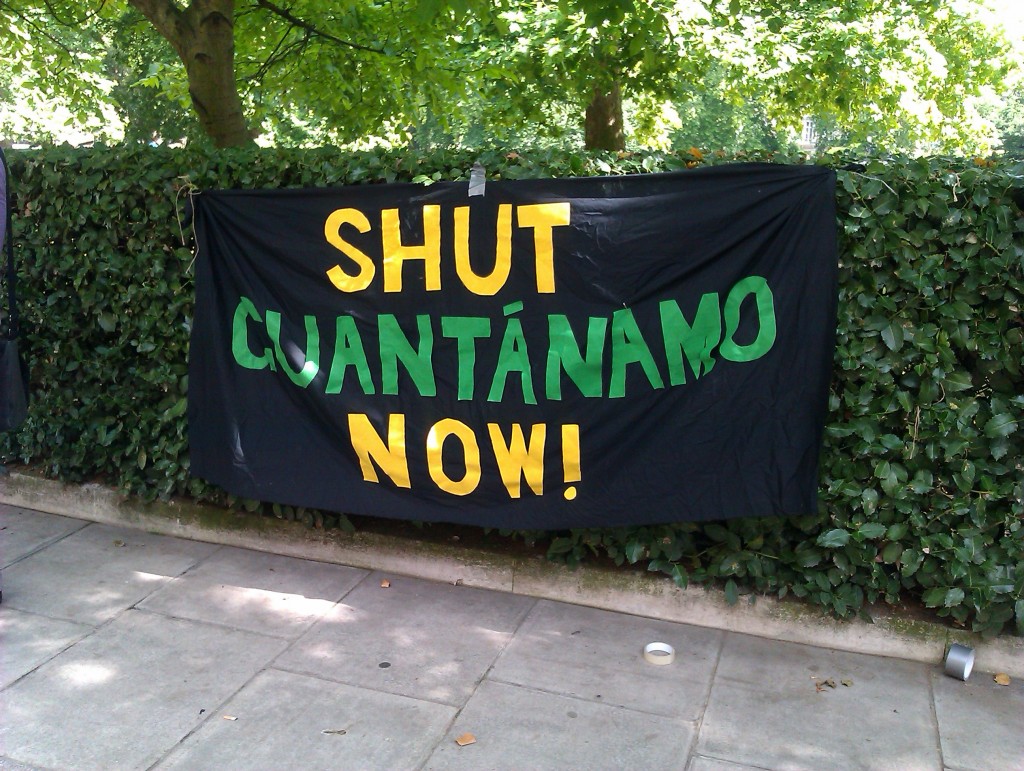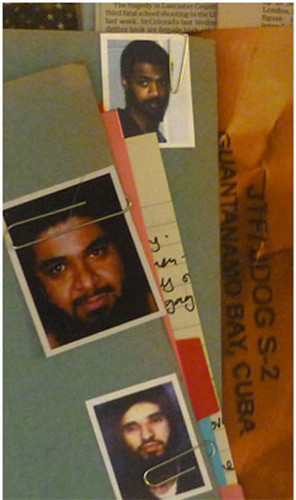Spectacle has been for 30+ years at the forefront of Participatory Video, supporting local communities, activists and grassroot organisations to produce their own videos. Over the last year we have helped the FAO – Food and Agriculture Agency of the United Nations collecting stories of unsung heroes facing the challenges of climate change, biodiversity loss, and multiple forms of malnutrition in their communities. Our Participatory Video expertise helped local activists from all over the world produce short videos telling their stories and sharing their ideas and efforts for sustainable nutrition and climate change mitigation in their communities.

The project ‘Stories from local heroes fighting climate change, biodiversity, and malnutrition crises’ has allowed young people from Nepal, Nigeria, Kenya, Ecuador and Venezuela to be trained in using their phones as cameras, learning how to document their life and tell their stories of activism. Through a series of initial online training sessions, Spectacle helped participants develop their skills and storytelling techniques.
In tune with our ethos and practice, all participants have learned videomaking techniques and have been allowed to direct the way the stories were developed and presented, engaging them with all phases of the video production, from filming to editing.
Spectacle facilitated a series of workshops that allowed Apollo from Kenya, Evelin from Venezuela, Dennis from Ecuador, and Dominic from Nigeria , develop, shoot their film and direct the editing of their stories. Their 4 videos will help FAO bring to the wider public the voices of those who have direct experience of the impact of climate change and inspire other local actors with ideas on how to contribute to a better and more sustainable world.
We are proud to share here the 4 videos that were the final result of the Participatory Video process.
We welcome any opportunity to explore collaborations with research groups, NGOs and local communities to facilitate Participatory Video projects and develop participant-led video production.
Read more about our participatory model and past projects.
How to contact Us
If you want to be trained in Participatory Video you can attend one of our Participatory Video Workshops or organise a bespoke programme for you and your organisation.
For more information or to chat about your project and ideas email us at training@spectacle.co.uk
Sign up to our Newsletter for more information about our ongoing projects.
Spectacle Homepage
Spectacle training courses
Like Spectacle Documentaries on Facebook
Follow us on Twitter, Instagram, Vimeo, Youtube and Linkedin


